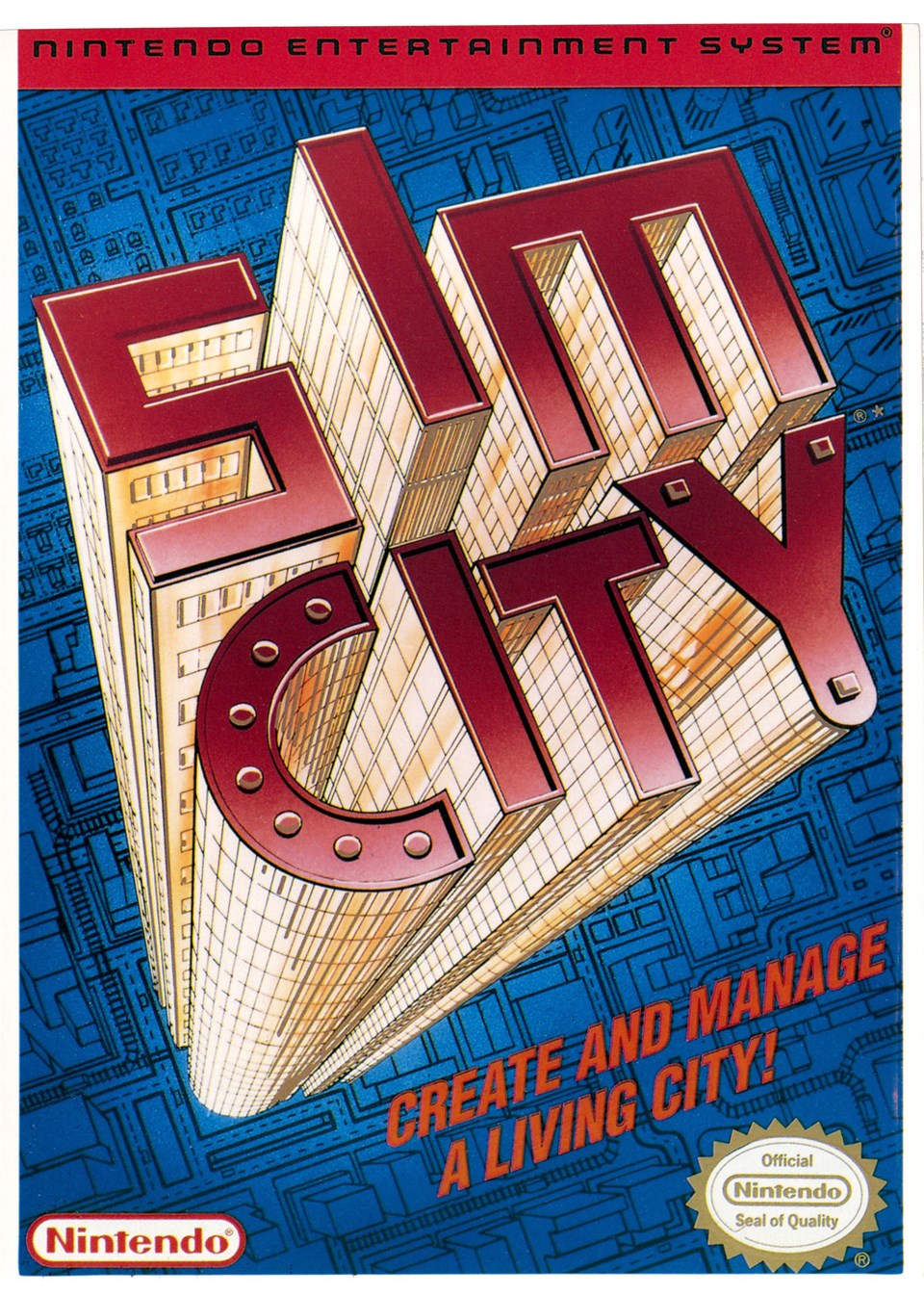Yorkton This Week’s editorial staff takes readers on an explorative journey around the Internet, searching out the best in videos, podcasts, webcomics, music and anything else that catches their collective eyes which might interest our readers.
I remember being a kid and being very excited by a gift of SimCity for the SNES. It was fun to grow a town from a little hamlet to bustling “megalopolis,” the game’s term for the largest city you could get. It was fun to then totally destroy that city because you were bored and you wanted to see what the natural disasters were in the game.
The game was good, but it also pushed the console to the absolute limit of its abilities. It’s the only game for the SNES I can remember having load times, for example. The complicated math that worked underneath the game’s simulation lead to a bit of slowdown as the city grew.
As someone who had the game, I was surprised that Nintendo and Maxis, the game’s creators, had planned to make the game for the less-powerful NES. I was even more surprised that the game actually reached a playable state. The Video Game History Foundation actually managed to find a copy, and a recent post not only outlined how it worked, how much of it was actually finished, and what was different between that version and the one that actually released, but also outlined how SimCity went from a simple map simulation to a more fully-featured game.
The end result isn’t merely interesting to those of us who grew up with the game itself, but to anyone interested in the creative process, and how different creative people working together can change the end result. It’s about a game, but more than anything, it’s about creation. Reading about an unreleased game can seem like something with only a niche audience, but anyone who has struggled to make a pet project a reality can find something to identify with in the article.
The Video Game History Foundation can be found at https://gamehistory.org/.
— Devin Wilger



